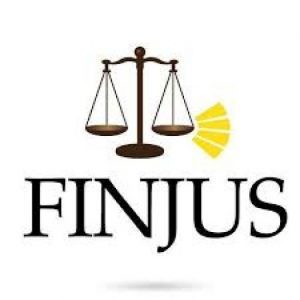
Minority political parties are “expensive franchises,” says the Institutionalism and Justice Foundation (Finjus). Finjus expects legislators will give these a hard look as the country immerses itself into a process of reforms after the opposition party swept the Executive Branch, Legislative Branch and the municipalities. The Abinader government team has announced the new proposals seek to make government more efficient and transparent.
Finjus says that the minority parties don’t act as people meeting to resolve local issues. Instead, they are franchises that cost the country a lot of money.
Finjus remarks that if it were not for the political patronage of the majority parties, many of these groups, which lack real leaders, would have disappeared long ago.
Looking at the recent 5 July presidential and congressional elections, Finjus is calling for an assessment of the role these minority parties play in Dominican politics. The question is whether the country should continue to fund these political groups whose existence is based on seeking advantages under the umbrella of the large parties.
As reported in Acento, some 20 of the 27 political organizations did so poorly in the elections that they have lost their official status as a political entity, as per Political Parties Law 33-18. Indeed, of the 27 parties, only seven are authorized to participate in the next elections and will receive funding from the Central Electoral Board (JCE).
Article 75 of the Political Parties Law says that to retain judicial standing as a political party, the group must obtain at least 1% of the popular vote in any election. The Law then goes on to say that a second condition is also required: A party must obtain some representation either at the municipal or national level in an election cycle. This would allow tiny local parties to elect mayors or city council members of directors of municipal districts if their platforms were good enough to convince voters.
A political party just needs to get one councilmember to retain its official status.
Political parties that won 1% of the vote (average of the votes in municipal, congressional and presidential elections):
Modern Revolutionary Party (PRM): 44.78%
Dominican Liberation Party (PLD): 32.48%
People’s Force (FP), the new party created as a result of the breakaway from the PLD by Leonel Fernández: 5.17%
Dominican Revolutionary Party (PRD): 3.59%
Social Christian Reformist Party (PRSC): 2.95%
Country Alliance (Alianza Pais—AP): 1.37%
Dominicans for Change (DxC): 1.05%
Twelve parties did not reach even 0.50% and some not even 0.25%.
Read more in Spanish:
Acento
El Nacional
2 August 2020

